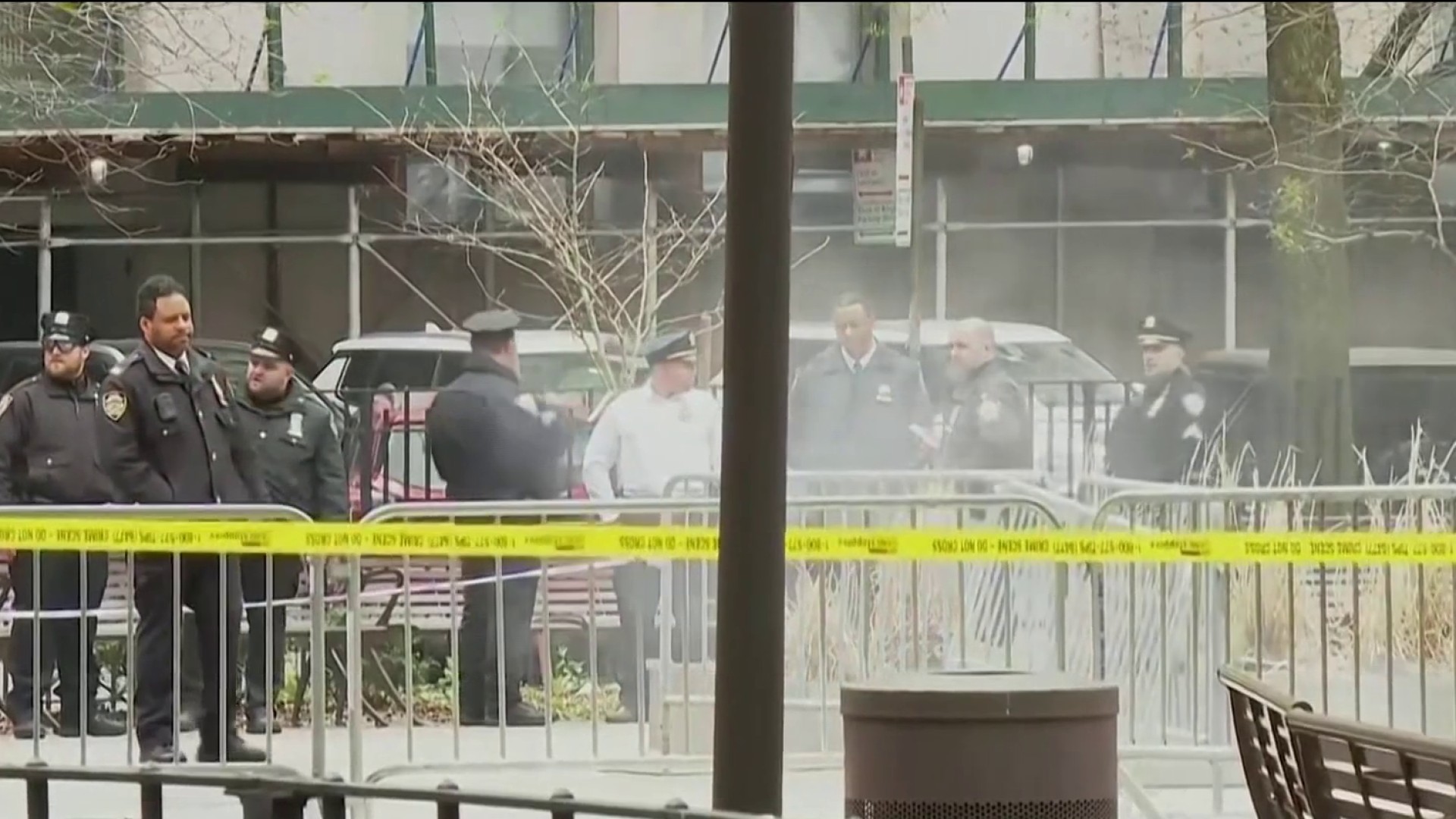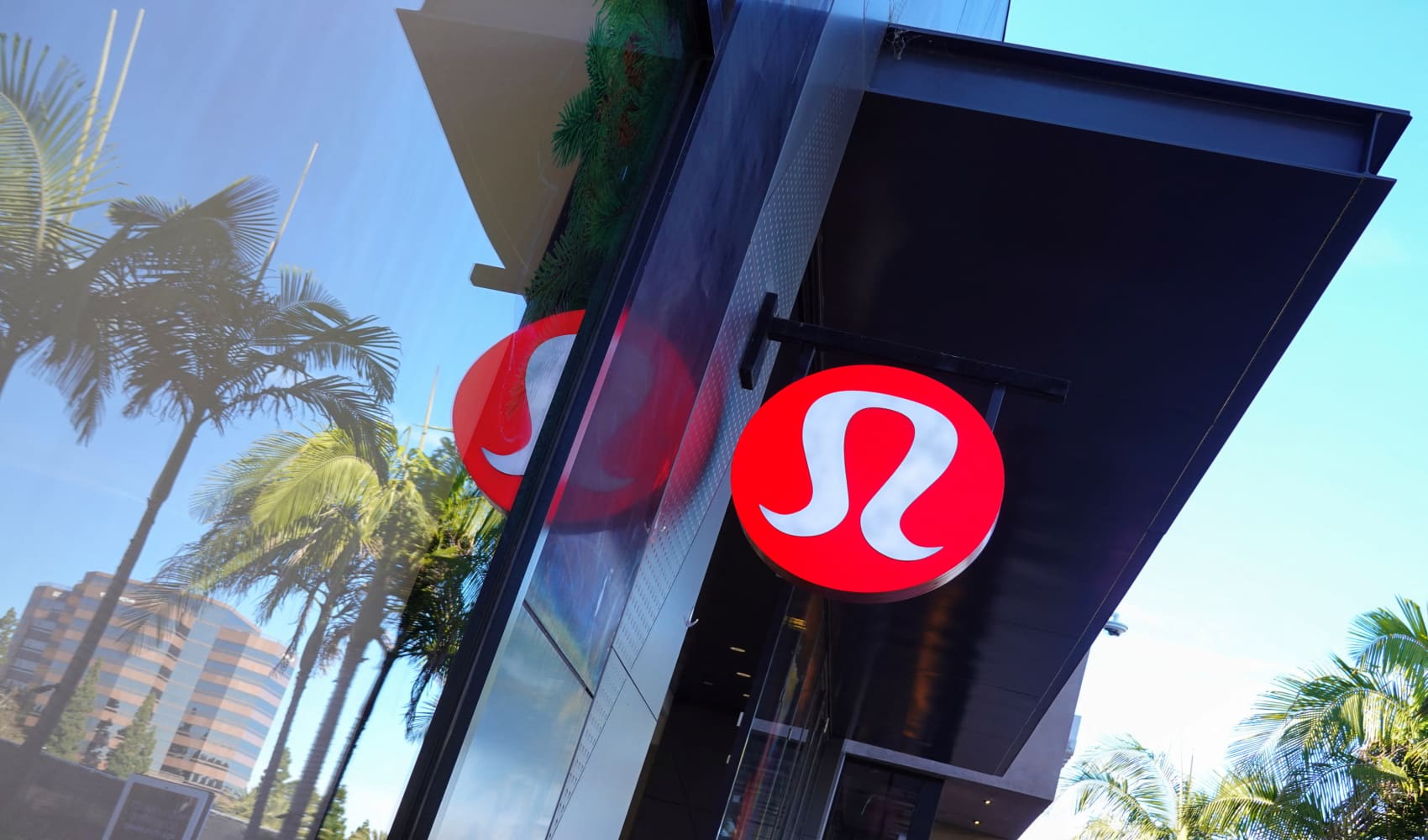The Treasury Department on Thursday blacklisted one of the largest banks in Lebanon, accusing it of being part of what one official calls a “mind-boggling” international criminal enterprise that is laundering hundreds of millions of dollar in illegal drug money every year for the benefit of Hezbollah.
The action, which was announced Thursday by Undersecretary of Treasury Stuart Levey, is the latest development in a four-year investigation that officials say has uncovered links between one of Colombia’s biggest drug traffickers, top leaders of Hezbollah and the Iranian government.
As part of the alleged scheme, proceeds from the drug empire of Colombian trafficker Ayman Saied Joumaa, generated from massive shipments of cocaine to West Africa and then on to Europe, are being laundered through the Lebanese Canadian Bank, or LCB — a Beirut-based financial institution with $5 billion in assets and 35 branches, including an office in Montreal. Some of the money was then rerouted through about 50 used car dealerships in the United States, according to U.S. officials.
The profits ultimately benefit Hezbollah, a Lebanon-based Shiite Muslim group considered a terrorist organization by the U.S. government, which is suspected of using some of the revenue to rebuild its military arsenal and other infrastructure damaged in its 2006 war with Israel, the officials said.
As a result of Thursday's action, LCB has been designated as a financial institution of "primary money laundering concern." Under a provision of the U.S. Patriot Act, Treasury is proposing to ban it from engaging in any transactions with U.S. financial institutions. That rule would take effect after 60 days unless LCB takes corrective action, officials said.
Bechara Moussa, a representative at LCB's Montreal office, told NBC: “The general management in Lebanon is aware of these rumors and by tomorrow they will issue a statement."
“The Lebanese Canadian Bank for years has participated in a sophisticated money laundering scheme involving used cars purchased in the United States and consumer goods overseas,” said DEA Administrator Michele M. Leonhart. “Thanks to DEA-led operations, as well as today's Treasury action, we are exposing and disrupting this money laundering network and its connections to global drug trafficking and Hezbollah.”
U.S. & World
The day's top national and international news.
Click here to read more reporting from Michael Isikoff
In addition to the services it provides for Joumaa, officials had an additional incentive to move against LCB. According to Levey, Hezbollah’s Tehran-based envoy, identified as Abdallah Safieddine, has facilitated access to LCB and key LCB managers for Iranian government officials. U.S. officials also said that an LCB subsidiary in Gambia was partially owned by a Lebanese national who is "known to be a supporter of Hezbollah."
A United Nations criminal investigator tells NBC that Safieddine is considered one of the Hezbollah’s top moneymen and a cousin and close associate of Hezbollah leader Hassan Nasrallah. Safieddine’s brother, Sayyed Hashem Safieddine, is the chief of Hezbollah’s executive director and has been considered a likely successor to Nasrallah.
Officials said that they could not say with certainty how much of the drug proceeds were ultimately being funneled to Hezbollah. But they said a key figure in the scheme was Jourmaa, who was recently named by Treasury, along with several family members and associates, as a "specially designated narcotics trafficker." Officials told NBC that Joumaa's Colombian based organization, ships 'multi-ton bulk shipments" of cocaine through Venezuela to Europe, using thinly policed parts of West Africa as a transit point. The cash proceeds are then flown by couriers to Beirut, where the funds are deposited in exchange houses that have accounts at LCB. Hezbollah "has benefited from the drug trafficking activities of Jourmaa" and his associates, said Levey.
Officials did not identify which car dealerships receive proceeds from the transactions, saying only that they are scattered in communities throughout the country, including Michigan, Florida and North Carolina, where there are significant concentrations of Lebanese immigrants. Members in the ring that work at the car dealerships buy cars and then ship them back to West Africa, selling them at significant mark-ups, officials said. Some of these car dealerships are currently under investigation by DEA, but officials said it may be difficult to prove they are knowing participants in a drug and money laundering scheme.



